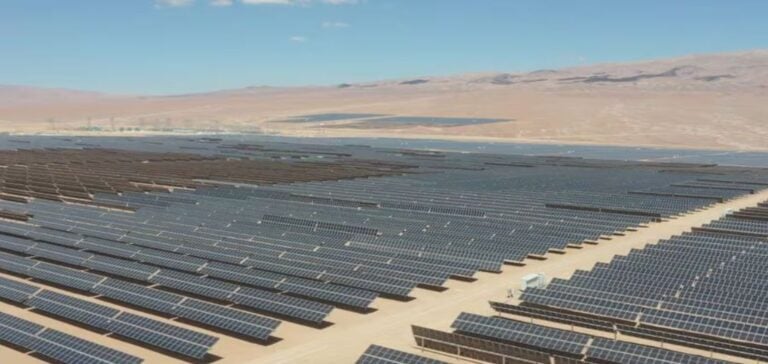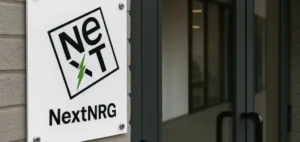AES Andes, a subsidiary ofAES Corporation, received environmental approval for its Cristales project in Antofagasta on March 27, 2024. This project, comprising a 340 MW photovoltaic installation and a 542 MW five-hour energy storage system, is designed to supply the Chilean National Electricity System. Located around 220 km east of Antofagasta, it was unanimously approved by the Environmental Assessment Commission.
Committed to sustainable transition
AES Andes CEO Javier Dib emphasized that the approval of the Cristales project reinforces AES’s leadership in Chile’s sustainable energy transition process. He expressed the company’s pride in consolidating investments in innovative solutions such as energy storage systems. These allow the solar energy produced during the day to be used at night, thus avoiding wastage of renewable energies.
Project details and impacts
With an expected investment of up to 710 million dollars, the Cristales project also includes the construction of an electrical substation (Cristales S/E) and a 220 kV high-voltage transmission line to evacuate the energy generated. Construction is due to start in the fourth quarter of 2024, with commercial operation scheduled for 2028.
AES Andes operates in the energy sector in Chile, Colombia and Argentina, with a capacity of 5,511 MW. In Chile, the company owns and manages 3,739 MW of thermal, hydroelectric, wind, solar photovoltaic and battery energy storage capacity, as well as desalination plants and transmission lines. This diversified portfolio places AES Andes among the region’s leading energy producers.





















